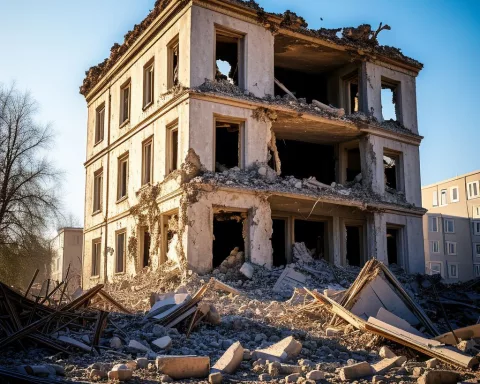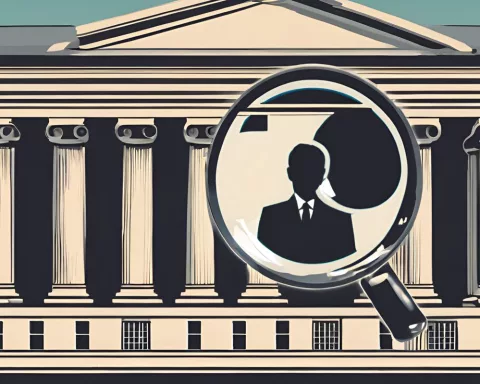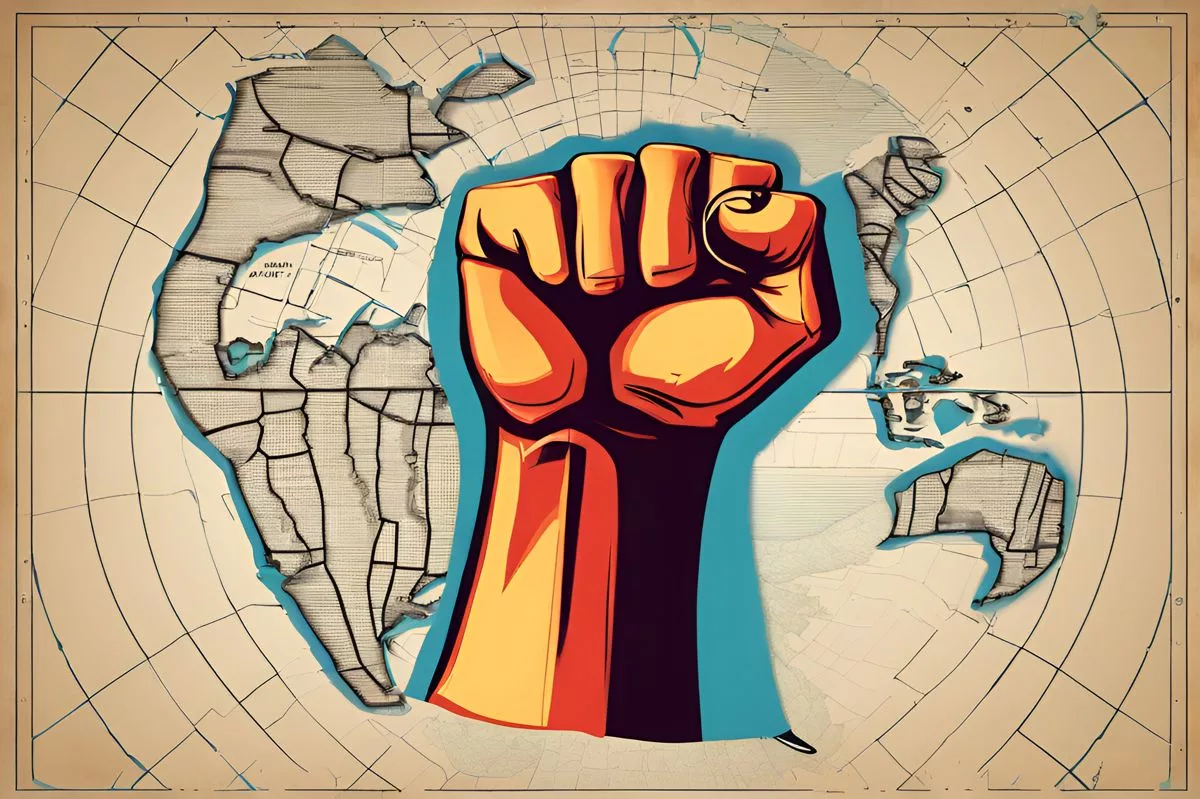Three law enforcement officers have been charged for their violent attack on a barber in Mowbray, Cape Town, following an in-depth investigation by the Independent Police Investigative Directorate (IPID). The victim has chosen to take legal action against the officers and the national and provincial police commissioners. The case brings attention to the urgent requirement for reform and responsibility within South Africa’s policing agencies.
Three law enforcement officers were charged for their violent attack on a barber in Mowbray, Cape Town. The charges came to fruition following an in-depth investigation conducted by the Independent Police Investigative Directorate (IPID). The victimized barber has chosen to take legal action, not only against the officers directly involved but also against the national and provincial police commissioners.
A Leap Towards Accountability and Justice
A significant stride towards justice and accountability was made when three law enforcement officers were charged for their violent attack on a barber in Mowbray, Cape Town. The incident, which occurred five months ago during an unplanned raid at the victim’s workplace, is now being thoroughly addressed. The charges came to fruition following an in-depth investigation conducted by the Independent Police Investigative Directorate (IPID), which wrapped up its findings last month.
The distressing episode transpired on the 7th of November and was graphically recorded on surveillance cameras. The footage brings to light the grim reality of police excessive force, depicting officers violently hitting the victim and attacking him with a wooden object. This unprovoked violence that took place at the Perfect Touch Boutique and Salon in Mowbray brings attention to the urgent requirement for reform and responsibility within our policing agencies.
Legal Action against the Officers and the Police Commissioners
Juma Igiranieza, the victimized barber, has chosen to take legal action, not only against the officers directly involved but also against the national and provincial police commissioners. He is seeking compensation for the traumatic and unwarranted assault. This case not only emphasizes the crucial role of CCTV in providing incontrovertible proof of police misconduct but also augments the pressing need for amplified vigilance and regulation within the police system.
Upon the conclusion of IPID’s investigation, the case was handed over to the Director of Public Prosecutions (DPP). A decision to prosecute the three officers, under the charge of assault with the intention to cause serious bodily harm, was made not long after. The spokesperson for the National Prosecuting Authority (NPA), Eric Ntabazalila, stated that the officers accused would receive a court summons on a date to be later decided by the prosecutor.
Russel Manuel, an associate attorney at Lionel Murray Schwormstedt & Louw, is providing legal representation for Igiranieza. He disclosed that legal notices were delivered to the national and provincial police commissioners in November and December respectively. The defendants have been provided a 60-day period to either acknowledge or deny the claim.
Reactions and Expectations Following the Legal Proceedings
The initiation of legal proceedings has been met with approval by the owner of the salon, who shared her relief at hearing the officers would be facing charges and pledged to attend the court hearings. On the other hand, Police Spokesperson Malcolm Pojie pointed out that any officers found to be at odds with the law would undergo an internal disciplinary probe. Although Pojie refrained from forecasting the outcome of the internal procedure, he stressed that it would occur simultaneously to the criminal investigation.
As the case continues to develop, it is anticipated that the legal proceedings will act as a potent reminder of the immediate need for police reform and heightened accountability. It is only through these actions that we can ensure that those who are entrusted with upholding the law execute their duties with the utmost regard for human rights and dignity.
1. What happened in Mowbray, Cape Town that led to the charges against three law enforcement officers?
Three law enforcement officers were charged for their violent attack on a barber in Mowbray, Cape Town, following an unplanned raid at the victim’s workplace. The incident occurred on the 7th of November, during which the officers were recorded on surveillance cameras violently hitting the victim and attacking him with a wooden object.
2. Who conducted the investigation that led to the charges against the officers?
The Independent Police Investigative Directorate (IPID) conducted the investigation that led to the charges against the officers.
3. What legal action is being taken by the victimized barber?
Juma Igiranieza, the victimized barber, is taking legal action not only against the officers involved but also against the national and provincial police commissioners. This is to seek compensation for the traumatic and unwarranted assault.
4. What charge are the three officers facing?
The three officers accused are facing the charge of assault with the intention to cause serious bodily harm.
5. What is the reaction to the charges and legal proceedings?
The salon owner expressed her relief at hearing the officers would be facing charges and pledged to attend the court hearings. Meanwhile, the Police Spokesperson Malcolm Pojie stated that any officers found to be at odds with the law would undergo an internal disciplinary probe.
6. What is the expectation from the legal proceedings?
The legal proceedings are expected to act as a potent reminder of the immediate need for police reform and heightened accountability. It is only through these actions that we can ensure that those who are entrusted with upholding the law execute their duties with the utmost regard for human rights and dignity.












